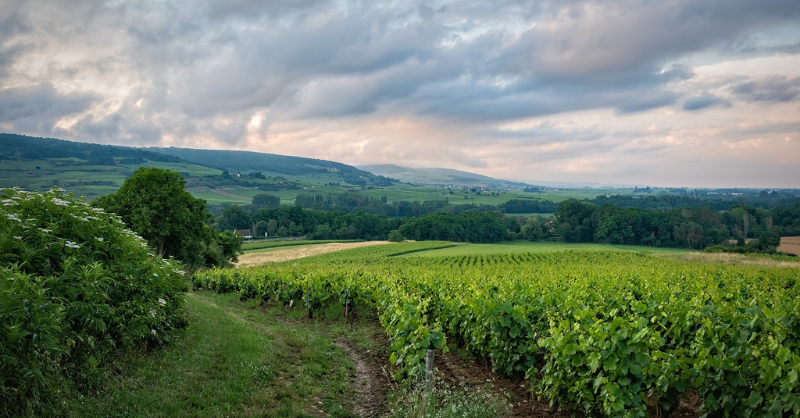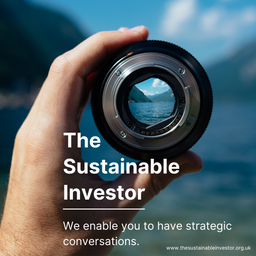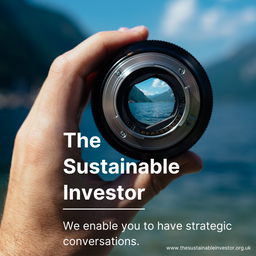Wine, cognac, sustainability and financial risk
Grape growers face material climate change risk, in terms of temperature increases, water shortages and climate volatility. Companies are starting to disclose some information on their responses, but we need to dig deeper.
"It's the weather, stupid " Janis Robinson - wine critic at the FT in her year in wine review.
Last week we discussed the risks to coffee production (and hence the likely impacts on raw material price and company profitability). As part of our effort to illustrate that coffee is not unique, this week we look at another agricultural commodity that is at risk from climate change - grapes and wine/cognac.
Many years ago I was a beverages sector analyst. Even back then we knew that growing grapes was at risk from the changing climate. Part of this was about general temperature increases, but a lot of it came from increased climate volatility. More storms, droughts, and extremes of weather. As the Janis Robinson FT article (paywalled sorry) highlighted - the concerns have broadly come to pass. And the general expectation is that the challenges will become greater rather than diminish.
An added challenge for the wine industry (but not in cognac) is that profits are volatile. A glut somewhere in the world, which happens quite often, can result in lower prices for everyone. And hence, a bit like coffee growers (but for different reasons), wine makers often lack the resources to invest.
And again like coffee plantations, vines are a long life asset. And so ripping them up and moving is not an easy option. Unless of course your government is funding the cost, as is the case in France.
There are solutions, but none of them is a silver bullet. So again, we need companies with a material exposure to wine to clearly set out the actions and investments they are making. So we as investors can make meaningful choices. This process is starting, but shareholders need to engage more with companies on their disclosure.
Grapes under fire
As Kathleen Willcox sets out in this interesting article in 'The Drinks Business' grape growers face increasingly challenges from climate change. Like coffee, grapes grow best in optimal weather and soil conditions. Together with the harder to define 'local traditions of production', these characteristics make up what the French call terroir - a term that describes the unique characteristics of a wine that are determined by the natural and human factors that influence its production.
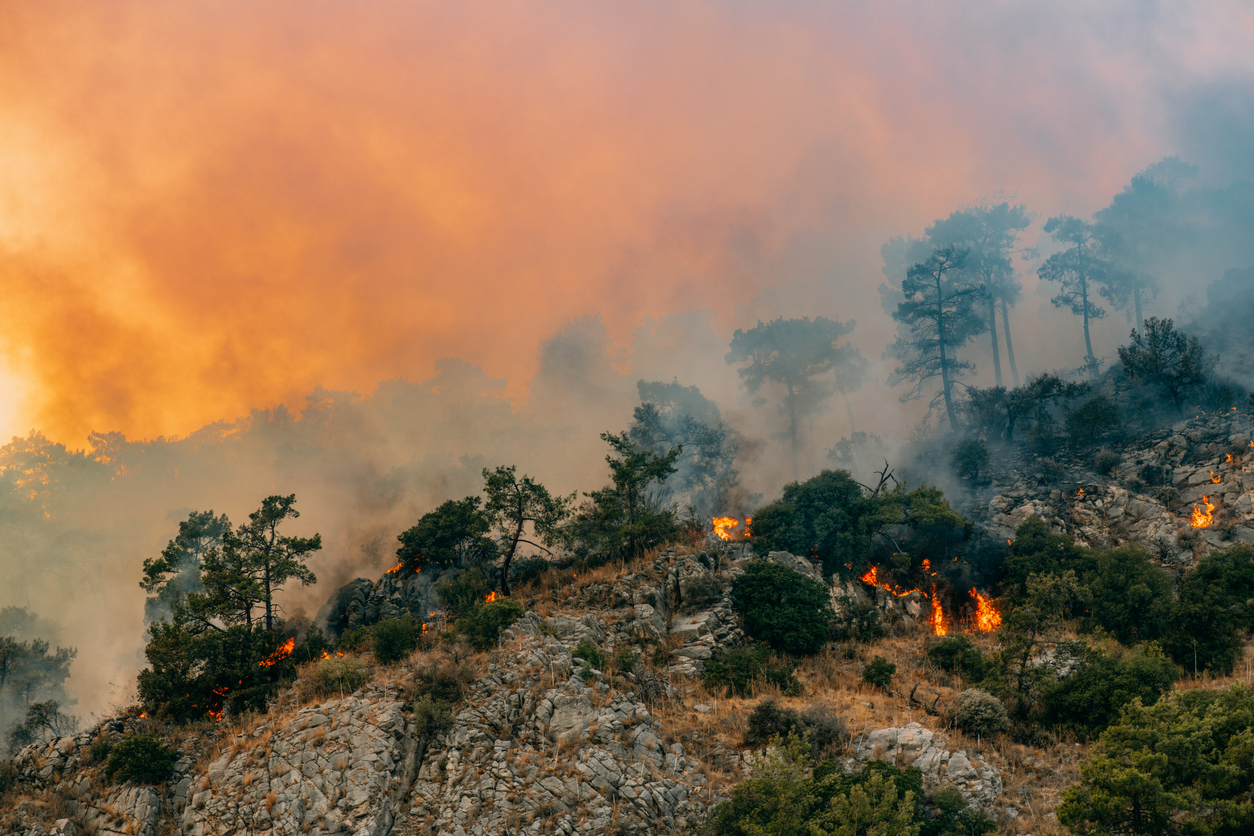
This is not a new challenge. Back in 2013 a research paper from Hannah et al entitled Climate change, wine, and conservation highlighted the link between climate and grape growing. As they said "Mediterranean style climate regions, with warm and dry summers and cool and wet winters, are particularly suitable for viticulture". Even back then their analysis indicated that climate change is likely to result in the amount of land suitable for viticulture decreasing by between 19% and 73% in major wine producing regions by 2050, depending on the scenario used. And that was before we saw the real emergence of climate volatility as a material risk.
New research suggests the challenge is still real
A more recent piece of research (published in Nature Reviews) from van Leeuwen et al entitled Climate change impacts and adaptations of wine production set out that ....
"About 90% of traditional wine regions in coastal and lowland regions of Spain, Italy, Greece and southern California could be at risk of disappearing by the end of the century because of excessive drought and more frequent heatwaves related to climate change".
Yes, the end of the century is a while away, but given the type of asset involved (vineyards) we would like companies to be acting sooner rather than later.
One obvious action is to focus on new growing regions. The research highlights that areas such as Washington State, Oregon, Tasmania, northern France and the southern United Kingdom, could all be beneficiaries. The degree of these changes in suitability strongly depends on the level of temperature rise. And wine making in Europe seems to already be moving north.
The power of the farming lobby
This of course does not really help existing grape growing communities. Here it's worth digressing slightly to talk about politics. We have highlighted before the political power of farmers. There might not be many of them but they can be militant. And politicians seem to listen. Maybe it's because in many countries a few swing voters can decide an election?
And while you might think that farmers will be aligned with delivering net zero and reducing the impact of climate change, the short term financial and economic imperatives can end up dominant.
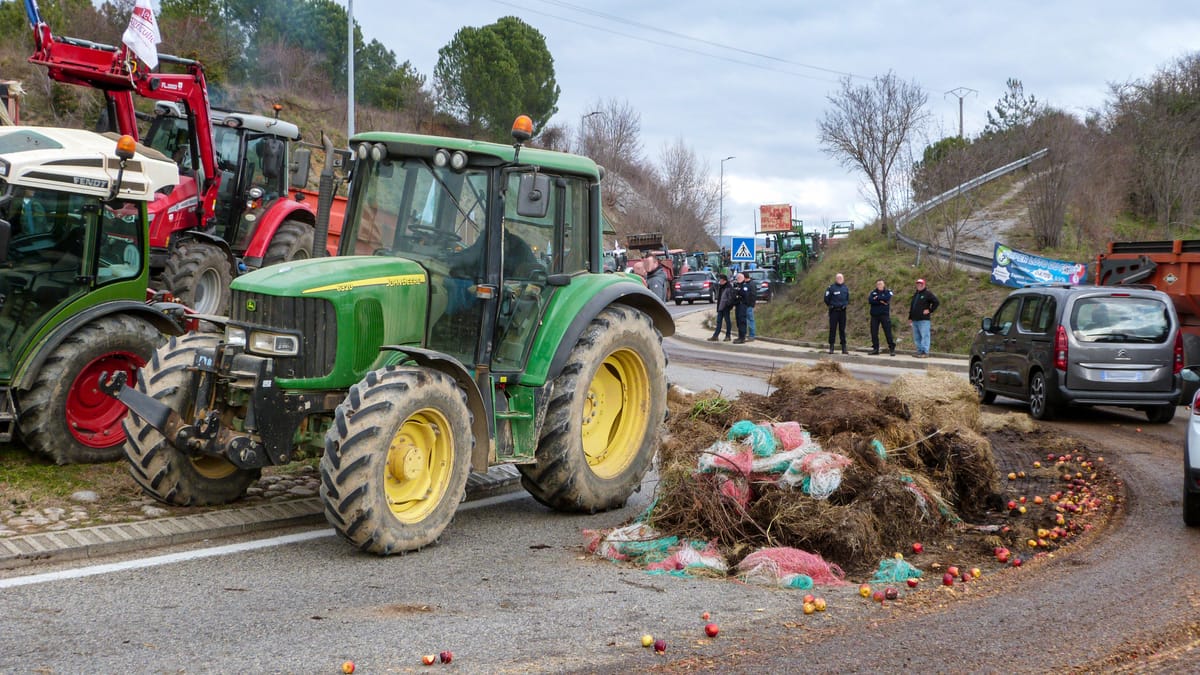
What are companies disclosing?
So, what are companies already disclosing and what actions are they taking. For this I will be quoting Pernod Ricard. As with Nestle last week, this is not to imply that Pernod's disclosure is poor. In fact it's the opposite. It's more that it's a company I know well, that has a material exposure to grape harvests (especially via cognac).
In a recent investor call on sustainability they were asked ...
Question: On sustainable terroir, how do you manage the climate risk, particularly any negative impacts of higher temperatures, on grape supply or key ingredients for our eaux-de-vie in Cognac region, for example?
The answer gave us a lot of information, but we still need to work a bit to link it to financial performance. My thoughts are in brackets.
Answer: So last year, we realized a global climate scenario analysis to identify the hot spot terroirs where we will face the potential climate pressure (a good start).
Pernod is now conducting deep dives, especially for example in Cognac, where we want to identify specific perils, basically what is the reason why we could have yield decreases. It could be higher temperatures as well as a bad water balance during the crop cycle. (A good next step)
It's helpful for us to identify where we need to adapt our cropping system, for which areas we need to invest in innovation. This is the reason why we have R&D on new grape crop varieties as well as huge pilots, trials, in Cognac, with 7 hectares dedicated to vitiforestry, where we implemented the combination of mitigation and adaptation practices, including soil health to improve water content/soil. (Good practical actions - it will be interesting to understand the time scale of the study and the results).
This is all useful disclosure, but it somewhat leaves hanging the question of the long term financial impact if the various negative climate scenarios come about. I suggest these are areas that shareholders and asset owners will want to explore further over the coming years.
One last thought
For many wine, champagne, and cognac companies brands are their biggest asset. And yet current reporting processes don't really talk enough about the value of brands and other internally generated intangible assets. And what might happen to their value if the climate change risks are realised and the companies mitigation measures are insufficient.
Colleen Honigsberg, a Professor of Law at Stanford Law School, discussed this in detail in a recent paper published in a special edition ecgi blog on the 2024 Berkeley ECGI Corporate Governance Forum.
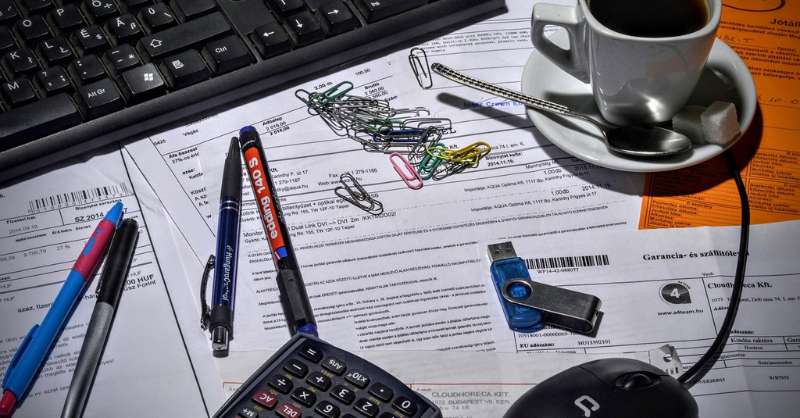
Please read: important legal stuff.
